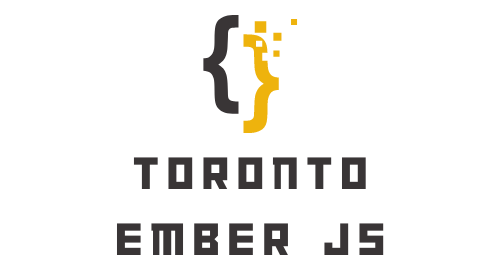As a developer, writing clean and efficient code is crucial to producing high-quality software that performs well and is easy to maintain. However, writing good code is not just about following syntax rules and algorithms; it’s also about adopting best practices that make your code more readable, scalable, and reusable.
In this article, we will explore some of the best practices for writing clean and efficient code, covering everything from code formatting to optimization techniques.
Consistent Code Formatting
Consistent code formatting is essential for making your code readable and easy to navigate. Adopting a consistent style for your code, including the use of tabs and spaces, indentation, and line breaks, can help make your code more visually appealing and easier to understand.
Using a code formatter, such as Prettier or Black, can help you automatically format your code to meet these standards. In addition, adopting a coding style guide, such as Google’s or Airbnb’s, can help ensure that your code follows best practices for consistency and readability.
Code Comments
Adding comments to your code can help explain the purpose of your code, how it works, and what it does. Comments can also help other developers understand your code and make changes to it in the future.
When adding comments to your code, be concise and clear. Focus on explaining the intent behind your code rather than the code itself, and avoid commenting on every line of code unless it’s necessary.
Keep Functions Short and Simple
Functions should be short, simple, and do one thing well. Long and complex functions are difficult to read, understand, and debug, making them more prone to errors and bugs.
When writing functions, aim for no more than 30 lines of code. If your function is longer than this, consider breaking it down into smaller, more manageable functions. This will make your code more modular and easier to maintain.
Use Meaningful Variable and Function Names
Using meaningful variable and function names can help make your code more readable and understandable. Descriptive names can help other developers understand what your code does and how it works, making it easier to modify and debug.
When naming variables and functions, use clear and descriptive names that reflect their purpose and behavior. Avoid using short or cryptic names that may not be immediately understandable.
Test Your Code
Testing your code is essential for ensuring that it works as intended and is free from bugs and errors. Automated testing tools, such as Jest or Pytest, can help you write tests quickly and easily.
When testing your code, aim for complete code coverage, meaning that every line of code is tested at least once. This will help ensure that your code is robust and reliable.
Avoid Magic Numbers and Strings
Magic numbers and strings are hard-coded values that appear throughout your code. These values can be difficult to understand and modify, making your code less maintainable.
To avoid magic numbers and strings, use constants or enums to define these values. This will make your code more readable and easier to modify in the future.
Optimize Your Code
Optimizing your code can help improve its performance and reduce its memory usage. Techniques such as memoization, caching, and lazy evaluation can help make your code more efficient and scalable.
When optimizing your code, focus on improving the performance of critical code paths, such as those that are frequently executed or that consume a lot of resources. Use profiling tools, such as Chrome DevTools or PyCharm, to identify areas for optimization.
Refactor Your Code
Refactoring your code involves making changes to improve its design, structure, and readability. Refactoring can help improve the maintainability of your code and reduce its complexity.
When refactoring your code, focus on eliminating duplicate code, simplifying complex code, and improving the modularity of your code. Refactoring can be a time-consuming process, but it can pay off in the long run by making your code more maintainable and scalable.
Writing clean and efficient code is essential for producing high-quality software that performs well and is easy to maintain. By adopting best practices such as consistent code formatting, meaningful variable and function names, and optimizing your code, you can create code that is easy to read, modify, and scale. And by testing your code and refactoring it as necessary, you can ensure that your code remains reliable and maintainable over time. So next time you sit down to write some code, remember these best practices and code like a pro!




